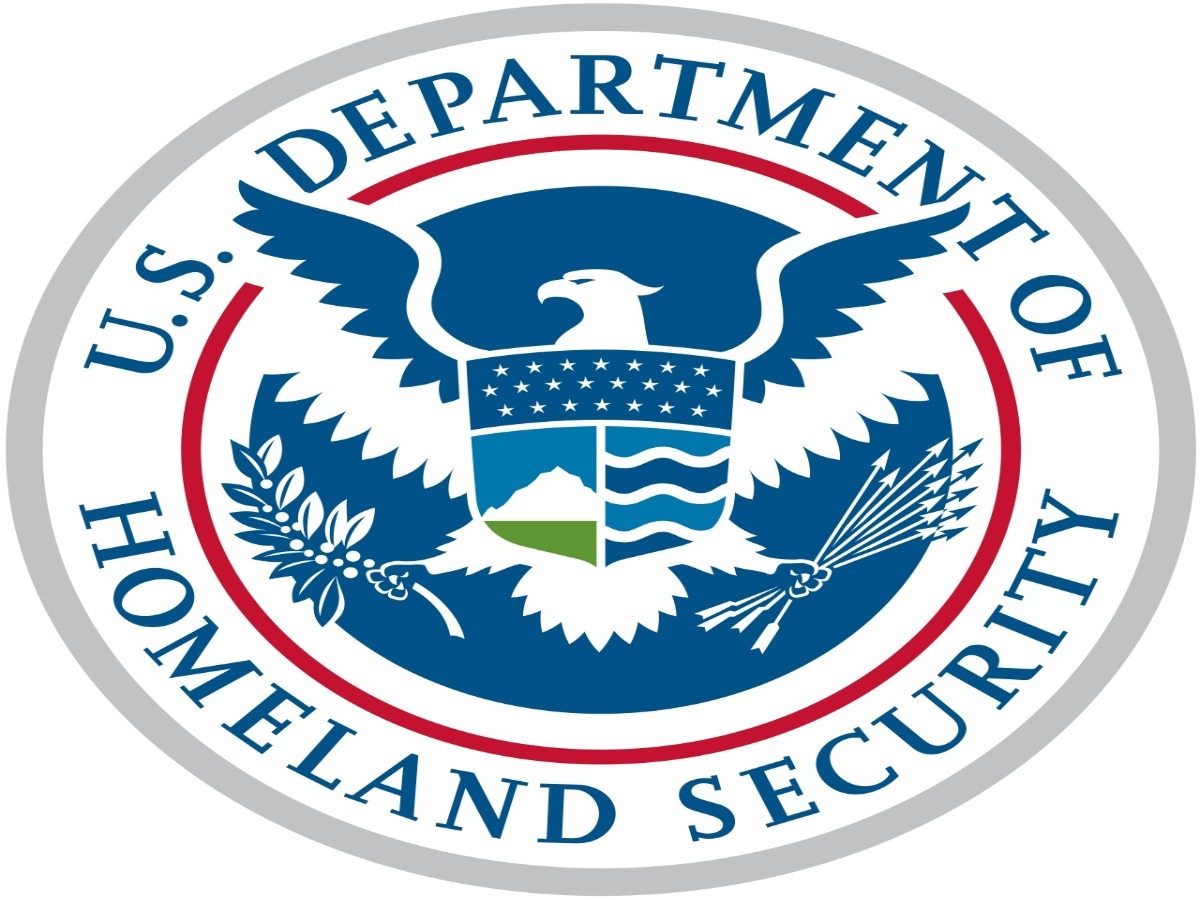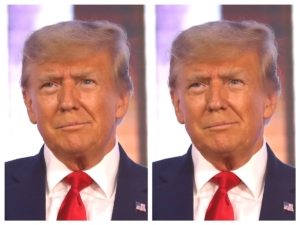In a move sparking global concern, the United States has deported five men described as “barbaric” criminals to the southern African kingdom of Eswatini, marking a dramatic escalation in President Donald Trump’s third-country deportation strategy.
According to the U.S. Department of Homeland Security, the men, originally from Vietnam, Jamaica, Cuba, Yemen, and Laos, were flown into Eswatini under a deal that has not been publicly disclosed by either government. Their deportation follows an earlier operation in which eight men were sent to South Sudan, despite having no personal or national ties to that country.
“These individuals have been terrorizing American communities,” Assistant Secretary Tricia McLaughlin posted on X late Tuesday. “They are now off of American soil.” She said the men had been convicted of violent crimes, including murder and child rape, with one identified as a “confirmed” gang member. “Individuals so uniquely barbaric that their home countries refused to take them back,” she added. Mug shots and records were also shared in the post.
READ ALSO: South Sudan confirms custody of 8 men deported by U.S. following Supreme Court ruling
So far, authorities in Eswatini have offered no public explanation about receiving these deportees, nor any details on their whereabouts, legal status, or what kind of arrangements, if any, have been made for them.
Watch a recent episode of The BreakDown podcast below and subscribe to our channel PanaGenius TV for latest episodes.
“This opacity makes it difficult for civic society to understand the implications,” Ingiphile Dlamini, spokesperson for the pro-democracy group SWALIMO told The Associated Press. “There has been a notable lack of official communication from the Eswatini government regarding any agreement or understanding with the U.S. to accept these deportees.”
Dlamini warned that a country like Eswatini, impoverished and ruled by absolute monarchy, might struggle to manage deportees with serious criminal backgrounds. “It may face significant strain in accommodating and managing individuals with complex backgrounds,” he added.
The small, landlocked nation of 1.2 million, formerly known as Swaziland, has long been criticized for its human rights record under King Mswati III. Political opposition is effectively outlawed, and the government has faced widespread accusations of violently suppressing dissent. The 2021 pro-democracy protests led to dozens of deaths, reportedly at the hands of security forces.
Eswatini now joins South Sudan as a destination under the Trump administration’s growing practice of relocating unwanted deportees to third-party countries. In South Sudan, authorities have also declined to reveal what happened to the eight men sent earlier this month. They were previously held for weeks at a U.S. military base in Djibouti while legal challenges played out.
READ ALSO: U.S. sends eight men to South Sudan after court clash over deportations
“We’re not a dumping ground for criminals,” a South Sudanese civil society leader told reporters following the secretive handover.
The administration has described the deportation strategy as a national security win, claiming it rids the U.S. of dangerous offenders when their native countries refuse to accept them. But critics say the practice raises serious legal and ethical questions.
Trump officials have hinted that more agreements are being negotiated across Africa. Rwanda’s foreign minister confirmed talks with the U.S. are underway. While similar policies in Europe have met legal roadblocks, the U.K.’s planned deportation of asylum-seekers to Rwanda was declared illegal last year, Trump’s team appears determined to expand the effort.
Some analysts suggest that diplomatic leverage, such as easing tariffs, increasing aid, or loosening visa restrictions, may be used to incentivize countries to accept foreign nationals deported by the U.S.
Even nations that attended a recent White House summit, including five West African leaders, were reportedly engaged in early discussions around deportation partnerships. Nigeria, however, has pushed back against taking in non-citizen deportees, saying it won’t act as a holding ground for people with no ties to the country.
Meanwhile, civic groups in Eswatini continue to demand answers. “We want clarity on who these men are, what risks they may pose, and whether our country has the means or mandate to manage such cases,” said Dlamini.
READ ALSO: U.S. revokes all South Sudanese visas – Rubio announces










